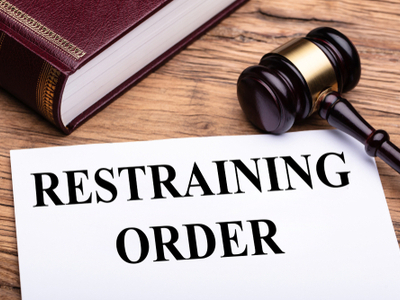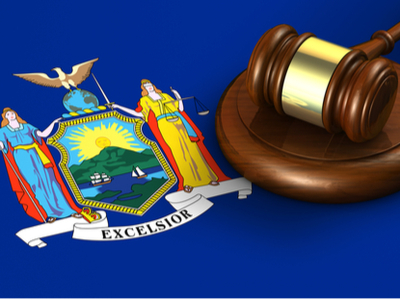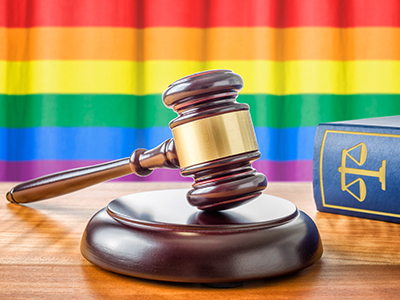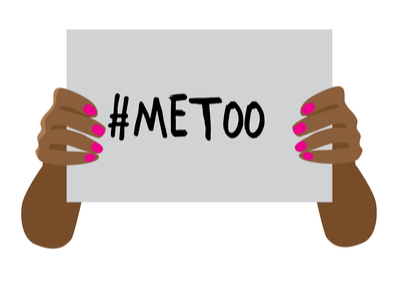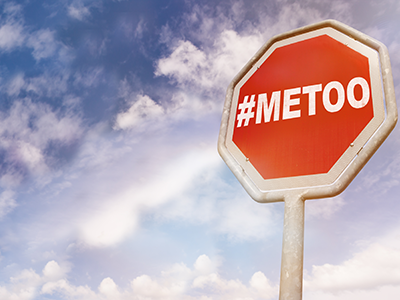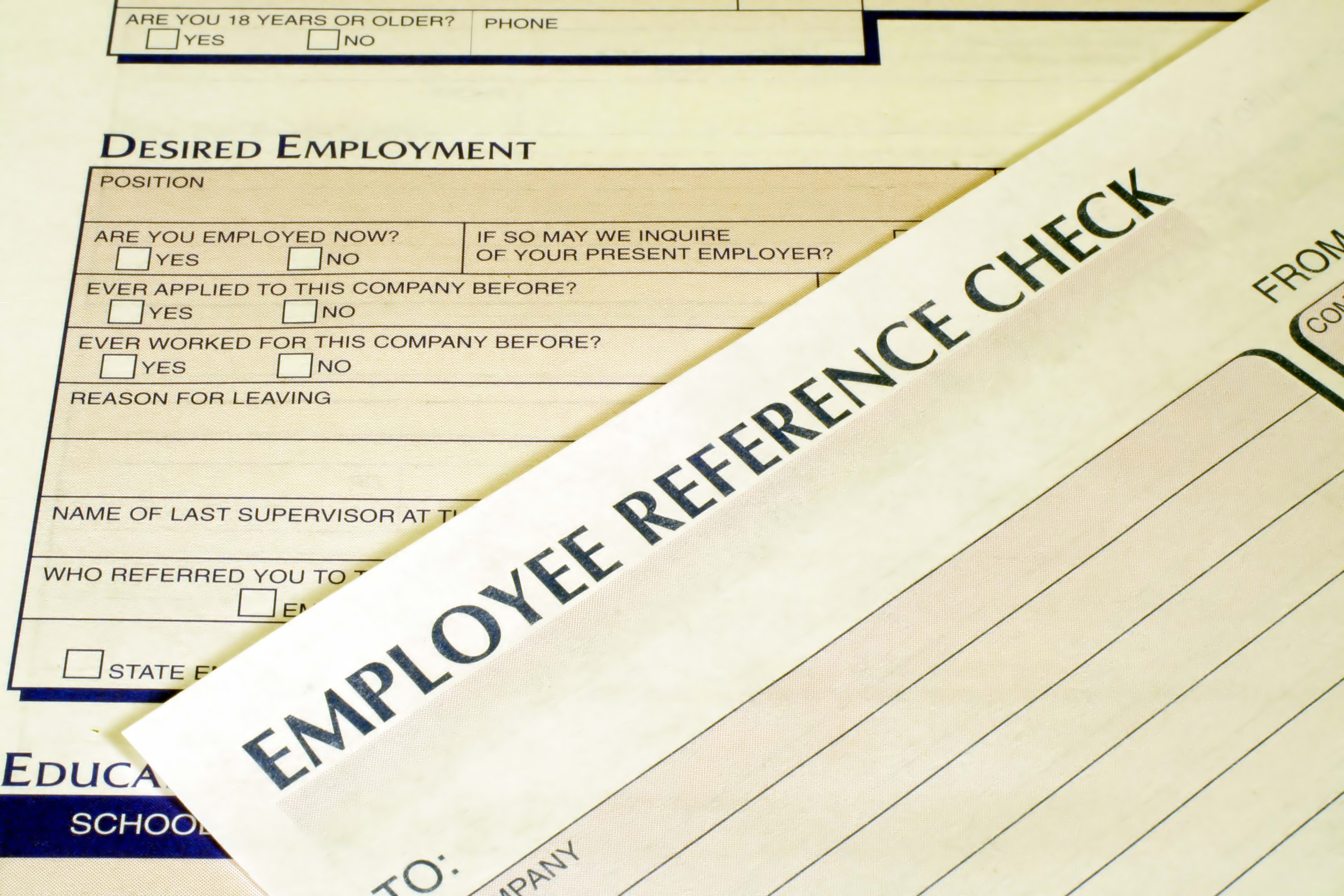Remember California’s new ban on mandatory workplace arbitration agreements? The Eastern District of California has put it on ice, granting a temporary restraining order against the ban’s enforcement. As a refresher, and as we wrote about here, on October 10, 2019, California Governor Gavin Newsom signed into law California’s latest afront on workplace arbitration—AB 51. Under AB 51, employers may not, “as a condition of employment, continued employment, or the receipt of any employment-related benefit, require an applicant or employee to waive any right, forum, or procedure” for FEHA and Labor Code claims. Violations of the new statute carry hefty consequences, including criminal penalties. Many employers see arbitration agreements as necessary to manage employment disputes and an outright ban on this efficient process strongly affects their bottom line. The ban was scheduled to go into effect on January 1, 2020, but the TRO put enforcement on hold for now. READ MORE
Try To Restrain Yourself: California Is Temporarily Restrained From Enforcing Arbitration Ban
